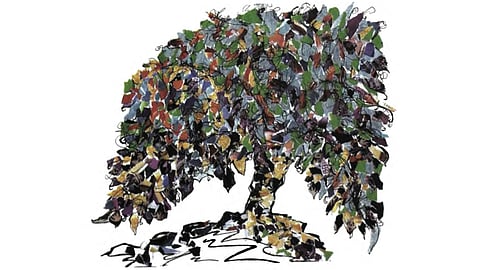Sri Lanka seems always to have been associated with sorcery, the supernatural and the downright strange. One early account claimed that the island's inhabitants were a race of magicians, another that the island was full of devils; the modern researcher Patrick Harrigan claims that there are oral traditions that tell of hidden portals through which those with extraordinary mental powers can travel to distant places, even other worlds and dimensions. He believes that Carl Jung, who experienced a famous near-death experience in 1944, during a dream in which he appears to have been in orbit above Sri Lanka, passed through such a gateway.
'White' and 'black' magic were an essential component of Sri Lanka's society long before the introduction of Buddhism in the third century BC, yet their importance has continued since, even though Buddhist philosophy does not encourage superstition. Such contradictions are rife among Sinhalese Buddhists – for example a Buddhist vihara often incorporates a Hindu kovil and Vishnu is worshipped as the protector of Buddhism –and magic and similar arts have become sanctioned to satisfy the social needs and rituals of the rural population.

